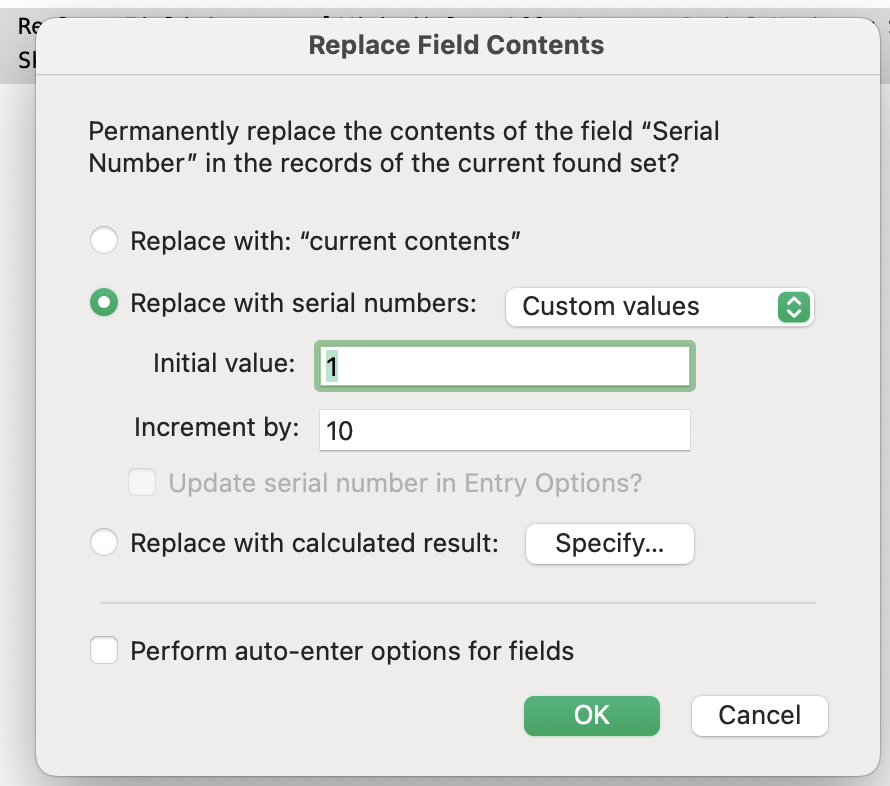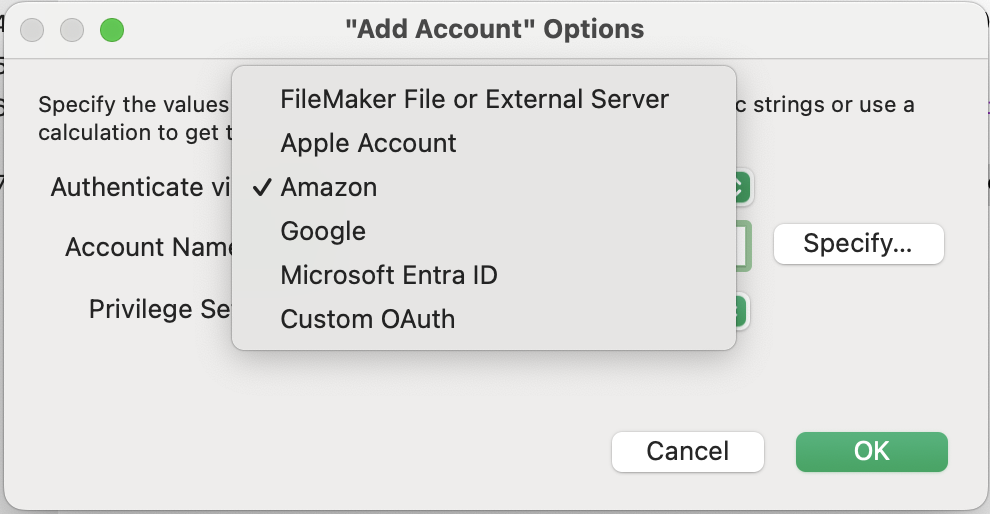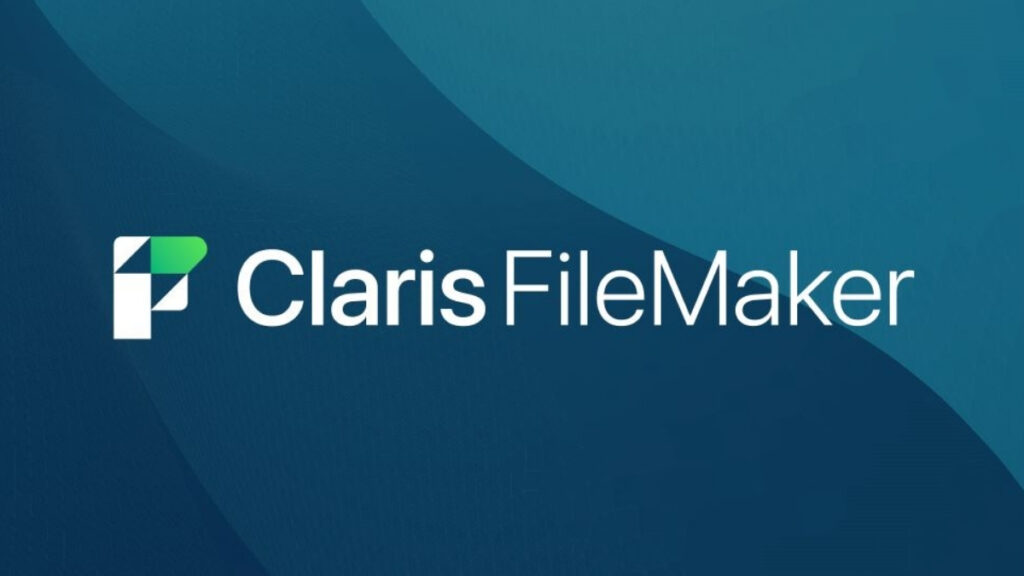FileMaker Pro 2025 was recently released, and we’re kicking off a series of three blog posts to share our take on the new features. Each post will be released a week or two apart and will cover the following topics:
- Part 1: New Non-AI Features
This is the post you’re currently reading, focused on new features in FileMaker Pro that are unrelated to artificial intelligence. - Part 2: New AI Features
- Part 3: New Server, WebDirect, and Security Updates
Important Note: These posts reflect our opinion of the most impactful or broadly relevant features. For a comprehensive list of all new features and updates, refer to the official Claris release notes for FileMaker Pro and FileMaker Server.
Another Important Note: Only FileMaker Pro 21.0.1 and later are supported as clients for FileMaker Server 2025. This is a version bump from FileMaker Server 2024, which supported FileMaker Pro 19 and later.
Final Important Note: FileMaker Pro 2025 corresponds internally to version 22.0.1. FileMaker Server 2025 is likewise version 22.
Collapse / Expand script steps
Collapse and expand now work with If, Loop, and Open Transaction steps.
There’s not much else to say here—it works as expected and is a welcome usability improvement.


Add Objects to Groups
In Layout mode, you can now add an object to an existing group without needing to ungroup first. Use the Arrange > Add to Group or Remove from Group menu commands, or the corresponding options in the Position tab of the Inspector.
Custom function folders
Just like layouts and scripts, you can now organize custom functions into folders. This is a simple but highly useful addition for developers managing large sets of custom logic.
GetTextFromPDF ( container )
A new script step that extracts textual data from PDFs stored in container fields.
It’s important to note that this function does not perform OCR. If the PDF is a scan or a photo (i.e., an image-based PDF), it will return a “?”. Similarly, it will return a “?” if the container is empty or doesn’t contain a valid PDF. The function only works with PDFs that include embedded text.
Auto-Enter values disabled in scripts

You can now optionally disable auto-enter options when using the Replace Field Contents script step.
This improvement is a very welcome addition. However, this option is only available when calling Replace Field Contents from a script. It is not available when using the same command via the Records menu.
Having this ability is a good thing, as it prevents your users from making bulk changes to data that is untraceable.
Add Account script step – OAuth and Group account options
This script step now supports creating OAuth and group accounts.

Note: This step only adds the account within FileMaker. It does not create or manage the account in the OAuth identity provider.
JSONParse ( input ) and JSONParsedState ( input )
These new functions make it easier and faster for us to validate JSON data. Previously, we often used JSONFormatElements and checked for a leading “?” character, but JSONParse offers a cleaner solution and performs noticeably better, especially with large data sets.
We tested performance with 64 KB, 128 KB, 256 KB, and 512 KB JSON payloads, and JSONParse consistently outperformed the older method. The differences were in milliseconds, but the improvements were consistent as the data size increased.
When the JSON is invalid, both methods perform similarly.
Go to List of Records script step & GetRecordIDsFromFoundSet ( type )
These two additions work well together and offer significant performance improvements in certain use cases.
We tested with a custom function from Brian Dunning’s site—FoundList—to save record IDs after performing a Find. We then showed all records and recreated the Find using the saved ID list.
Next, we used the new GetRecordIDsFromFoundSet calculation to gather the record IDs and the new Go to List of Records script step to restore the found set. The performance gains were noticeable, especially in cases where the found set was large. This approach eliminated the need to rebuild complex find requests manually.
Insert Text limitation increased
An important update for JSON and HTML implementations is that the length limitation for the Insert Text script step has been increased from 30,000 to 250,000,000 characters.
Final thoughts
We’re excited about these new capabilities. Many provide significant performance boosts in certain situations. For a complete list of new features and resolved issues, refer to the official release notes.
Authors
John Newhoff, Senior Partner / Certified FileMaker Developer
Josh Meier, Associate FileMaker Developer
This piece represents a collaboration between the human authors and AI technologies, which assisted in both drafting and refinement. The authors maintain full responsibility for the final content.
